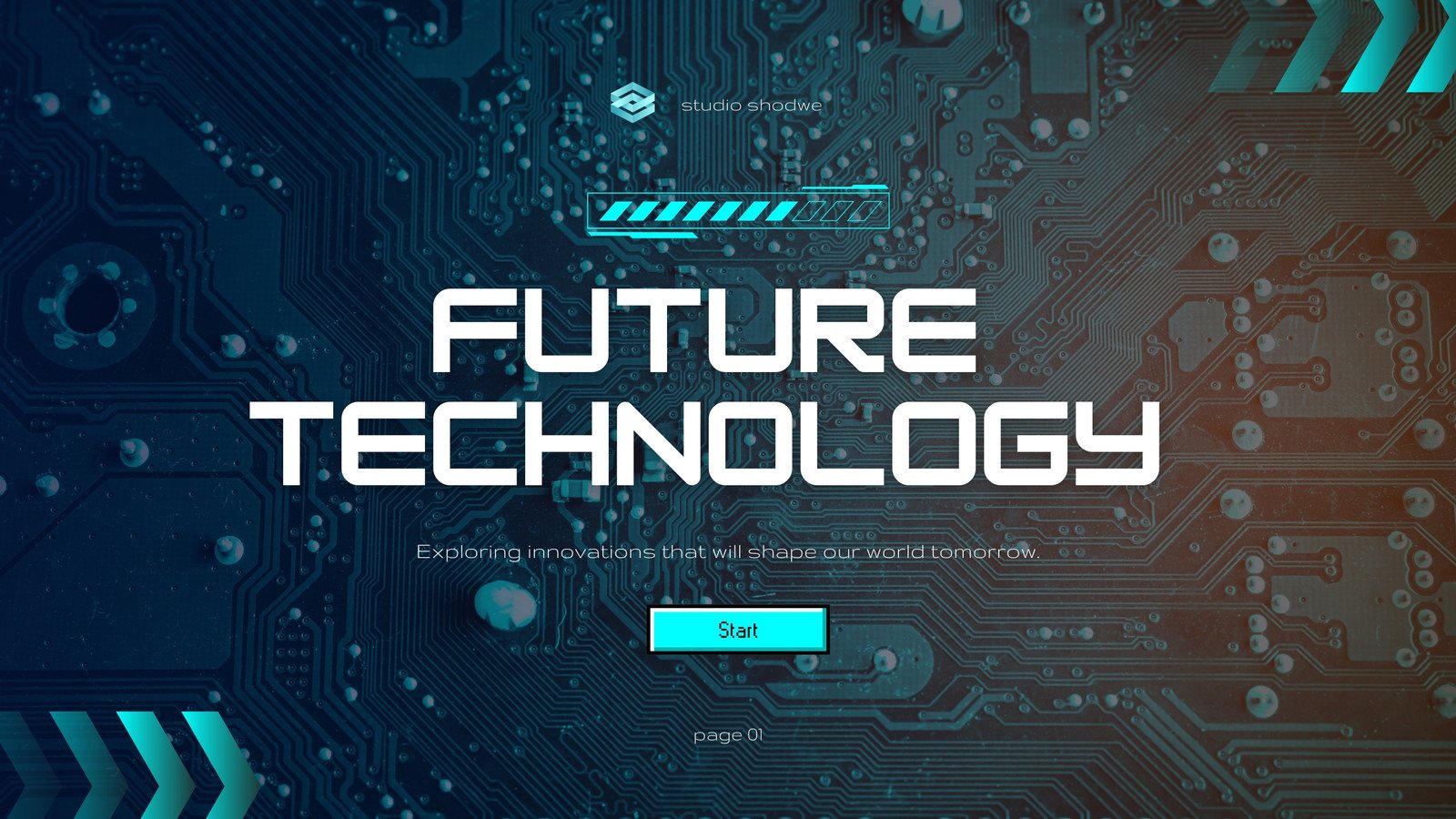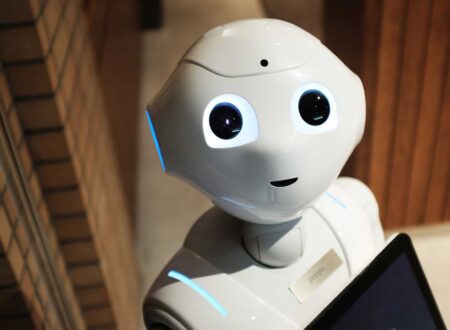Artificial Intelligence is no longer just a concept from science fiction. It’s woven into the fabric of our daily lives, shaping how we work, communicate, and even relax. From smart assistants that manage our schedules to algorithms predicting what we want to watch next, AI has become an integral part of our existence. As technology continues to evolve at lightning speed, understanding its impact on everyday life is crucial.
But what exactly does this mean for us? How has AI transformed the mundane tasks we often take for granted? And as it becomes more prevalent, are there challenges we need to be aware of? Let’s dive deep into the fascinating world of artificial intelligence and explore its influence on our daily routines—both the good and not-so-good sides.
The History and Evolution of AI
The journey of artificial intelligence began in the mid-20th century. Pioneers like Alan Turing laid the groundwork by exploring algorithms and machine learning concepts. His famous question, “Can machines think?” sparked interest that would shape AI’s future.
In the 1950s and 1960s, researchers developed early programs capable of solving mathematical problems and playing games like chess. These innovations marked a pivotal moment, showcasing machines’ potential to mimic human thought processes.
Fast forward to the 1980s when neural networks gained traction. This shift allowed computers to learn from data—an advancement that paved the way for modern AI applications we see today.
The emergence of big data and powerful computing resources in recent years has fueled rapid growth in AI capabilities. As a result, technologies once confined to laboratories are now commonplace in our homes and workplaces.
How AI is Used in Everyday Life
AI seamlessly integrates into our daily routines, often without us realizing it. From the moment we wake up to smart alarms adjusting to our sleep cycles, technology is at play.
Voice assistants like Siri or Google Assistant help manage tasks by setting reminders and answering questions in an instant. On social media, algorithms curate content tailored to our interests, enhancing engagement while keeping us informed about what matters most.
Shopping has transformed with AI-driven recommendations. Browsing through your favorite online store often leads you to products based on previous purchases and preferences. This personalized experience makes shopping not only easier but also more enjoyable.
In healthcare, AI streamlines processes such as patient diagnosis and treatment planning. Machine learning analyzes vast amounts of data, helping doctors make informed decisions quickly.
Everyday encounters with public services are improving too—think smart traffic systems that reduce congestion and enhance safety for all road users.
Advantages and Disadvantages of AI
Artificial intelligence brings a mix of benefits and challenges. On the positive side, AI enhances efficiency in various sectors. It automates repetitive tasks, allowing humans to focus on more complex activities. This leads to increased productivity and often better outcomes.
Moreover, AI can analyze vast amounts of data quickly. Businesses leverage this for insights that drive smarter decisions. Personalized recommendations from streaming services or online shopping platforms showcase how AI improves user experience.
However, there are significant downsides as well. Job displacement is a major concern; many fear automation will replace human roles entirely. There’s also the risk of bias in algorithms, which can perpetuate inequalities if not managed properly.
Privacy issues emerge as AI systems gather extensive personal data for functionality. This raises questions about surveillance and consent in our increasingly digital lives. Balancing innovation with ethical considerations remains crucial as we navigate this evolving landscape.
Ethical Considerations of AI
The rise of artificial intelligence brings forth a host of ethical dilemmas. As AI systems become more autonomous, questions arise about accountability. Who is responsible when an AI makes a mistake?
Privacy is another significant concern. With algorithms analyzing vast amounts of personal data, individuals may feel their information is at risk. This raises the need for transparent policies governing data use.
Bias in AI development poses yet another challenge. If machine learning models are trained on skewed datasets, they can perpetuate existing inequalities. Ensuring fairness requires diverse teams and comprehensive testing.
The potential for job displacement cannot be overlooked. As automation increases efficiency, many fear losing their livelihoods to machines. Addressing these issues will require thoughtful dialogue among technologists, policymakers, and society at large to navigate this complex landscape responsibly.
Future Possibilities and Concerns
The future of artificial intelligence is both exciting and daunting. As technology advances, AI could revolutionize industries like healthcare, finance, and education. Imagine algorithms that predict diseases before symptoms arise or personalized learning experiences tailored to each student’s needs.
However, with these advancements come significant concerns. Job displacement looms as machines perform tasks traditionally done by humans. This shift raises questions about economic stability and workforce retraining.
Moreover, the potential for misuse of AI is unsettling. Surveillance systems powered by facial recognition could infringe on privacy rights if left unchecked.
As we embrace innovation, it’s crucial to balance progress with ethical considerations. The dialogue around regulation will become increasingly important as society navigates the complexities introduced by intelligent systems. Preparing for an uncertain landscape requires thoughtful planning and proactive measures from all stakeholders involved in shaping our future with AI technology.
How to Prepare for the Impact of AI
Embracing the rise of AI starts with education. Familiarize yourself with basic concepts and applications. Online courses, webinars, and podcasts can be invaluable resources.
Developing digital literacy is crucial. Understanding how algorithms work will empower you in your daily interactions with technology. It’s not just about using tools but grasping their underlying functions.
Cultivating adaptability is equally important. The rapid pace of change means that flexibility is key to thriving in an AI-driven world.
Networking within tech communities can also provide insights into upcoming trends and innovations. Engage in discussions to stay informed and share experiences.
Consider honing skills that machines struggle to replicate, such as creativity or emotional intelligence. These qualities remain uniquely human and are becoming increasingly valuable as automation rises.
Staying open-minded about new possibilities allows for a smoother transition into an evolving landscape shaped by artificial intelligence.
Conclusion
The impact of artificial intelligence on our daily lives is profound and multifaceted. As we continue to integrate AI into various aspects of our routines, understanding its evolution helps us appreciate how far we’ve come. From simple algorithms to complex machine learning systems, AI has transformed industries and human interactions.
AI’s presence in everyday life is undeniable. We rely on virtual assistants like Siri and Alexa for convenience, while personalized recommendations from streaming services enhance our entertainment experiences. Businesses utilize AI for customer service chatbots that provide instant support, making transactions smoother than ever.
Yet with these advancements come advantages and disadvantages. On one hand, AI can increase efficiency and productivity; on the other hand, it raises concerns about job displacement and privacy issues. Balancing these pros and cons requires careful consideration.
Ethics play a crucial role as well. Questions arise around bias in algorithms, data security, and responsible use of technology. Addressing these ethical dilemmas will shape how society embraces AI moving forward.
As we look ahead, the possibilities are exciting but also daunting. The future may hold innovations we can’t yet imagine — smart cities powered by AI or breakthroughs in healthcare diagnostics could change everything for the better or worse.
Preparing for this shift means staying informed about emerging technologies while cultivating skills that complement automation rather than compete with it. Embracing lifelong learning will be vital as new roles emerge alongside evolving tech landscapes.
Understanding the transformative potential of artificial intelligence empowers us to navigate this new era thoughtfully and responsibly.





